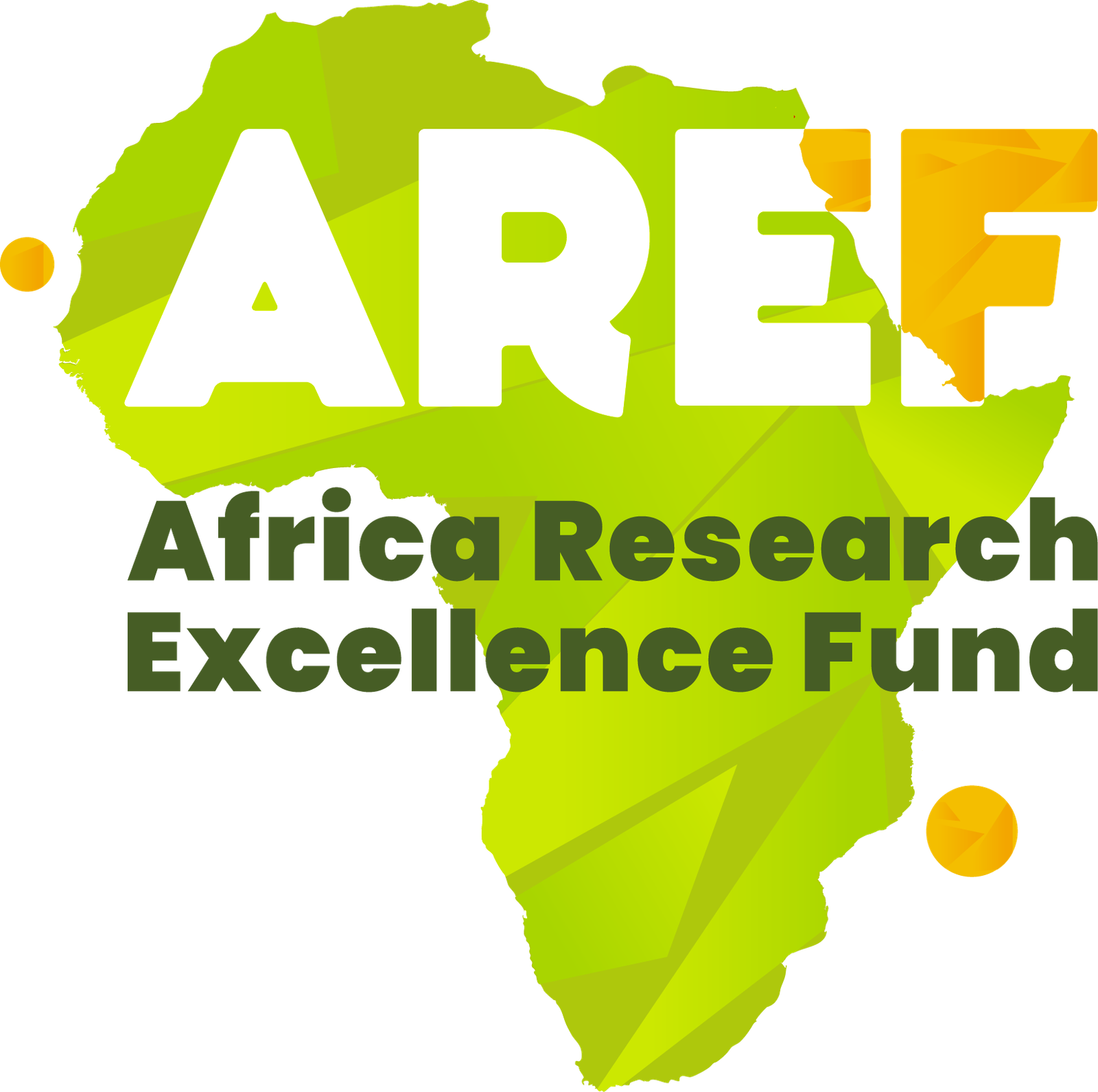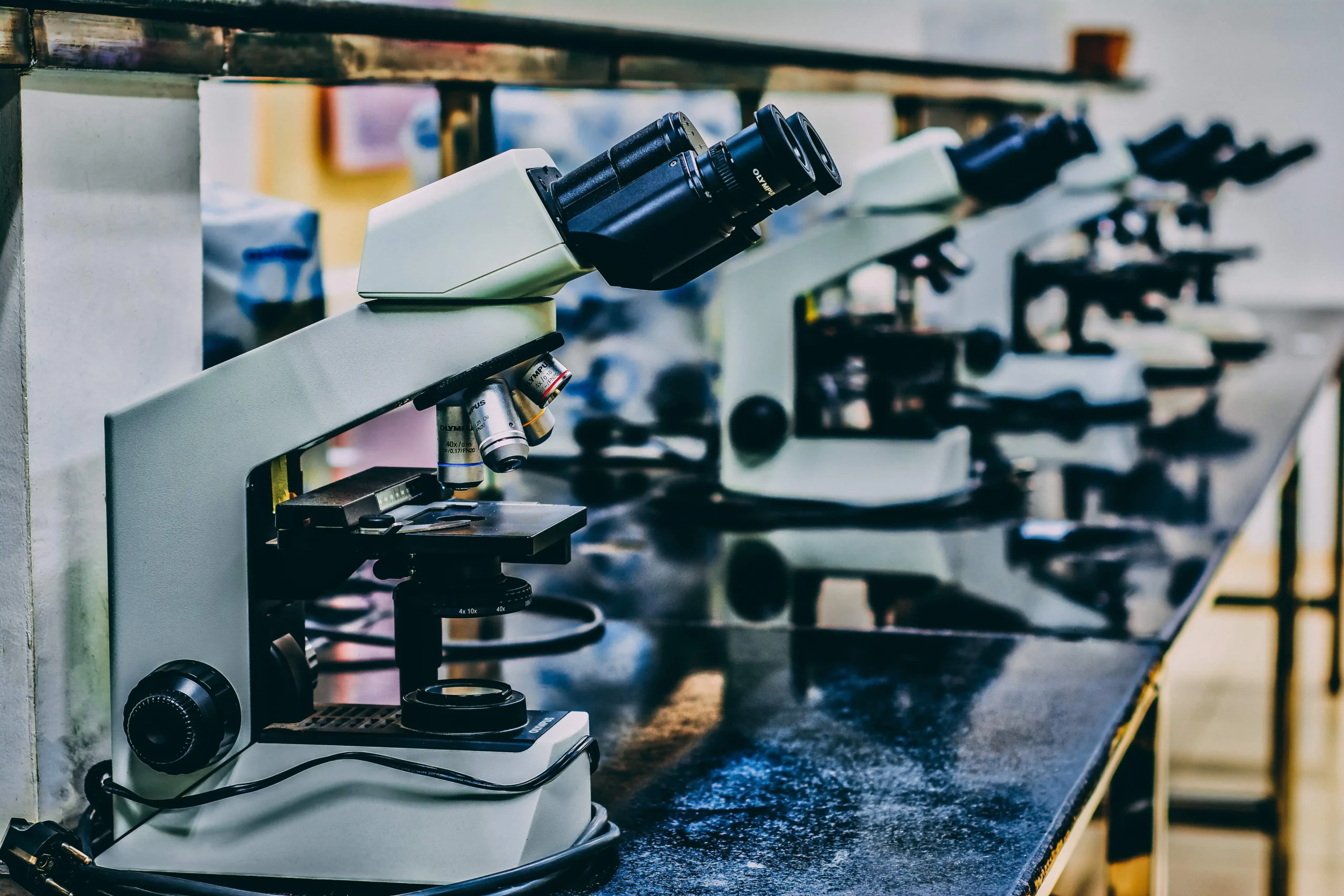Employing institution: Namyero University, Nigeria
Host institution: Venoms and Toxins Unit of Institut Pasteur of Morocco
Project title: Strengthening Skills in Venomics and Antivenomics: A Requisite for Building Research Capacity for Improvement of Snakebite Therapy in Africa
Dr Hadiza Lawal Abdullahi is a academic Biochemist and Toxinologist Medical Laboratory Scientist. She works as a Lab Manager at the NIHR and DFiD-funded African Snakebite Research Group/Nigeria-Snakebite Research and Intervention Centre, Bayero University, Kano. Inspired by the shortage of female basic toxinologists in Africa, the African antivenom crisis, and the therapeutic potential of snake venom components; she is involved in multidisciplinary research projects, including the Venom-Antivenom Study Project (VASP) and the Scientific Partnership for Neglected Tropical Snakebite (SRPNTS) and hopes to strengthen snakebite research capacity through her AREF Research Development Fellowship.
AREF Fellowship:
Snakebite, with its consequent morbidity and mortality, still affects thousands among the poorest in many parts of Africa, to whom antivenoms are inaccessible and unaffordable. Particularly in Nigerian communities where most victims are affected by Echis spp, Bitis arietans and Naja nigricollis snake species. Current antivenoms exhibit different potencies in affected communities, which could be due to intraspecific differences in the venoms. Profiling of the venoms and purification of their components would reveal interesting new properties with therapeutic potential. It will also pave the way for the development of rapid detection kits and indigenous, affordable, and all-encompassing novel snakebite therapies, using modern approaches, in line with WHO’s target of 50% reduction of snakebites by 2030.
Dr Abdullahi will be placed at the Venoms and Toxins Unit of Institut Pasteur of Morocco, under the supervision of Dr. Naoual Oukkache. She will use her fellowship to acquire skills in venomics and antivenomics research, increase her scientific productivity that would strengthen her capacity and lead her to research independence.
“Mentoring a new generation of basic toxinologists is key to solving the persistent African antivenom crisis and exploration of the therapeutic potential of venom toxins.”
With her home institutions small grants and well-equipped research facilities, she will continue her research after gaining sufficient new skills from her fellowship and transfer her skills through mentorships with aspiring toxinologists as possible.



